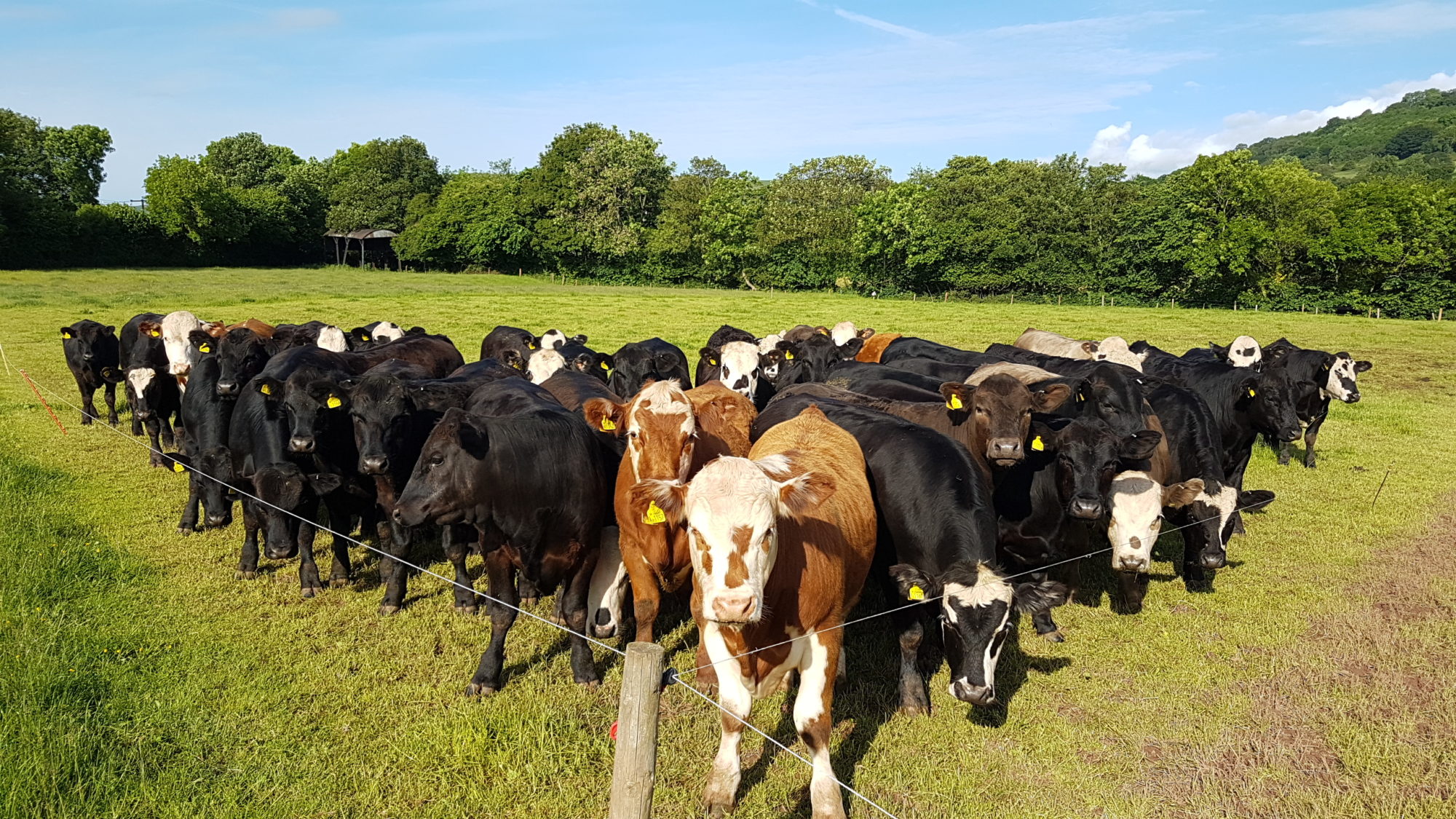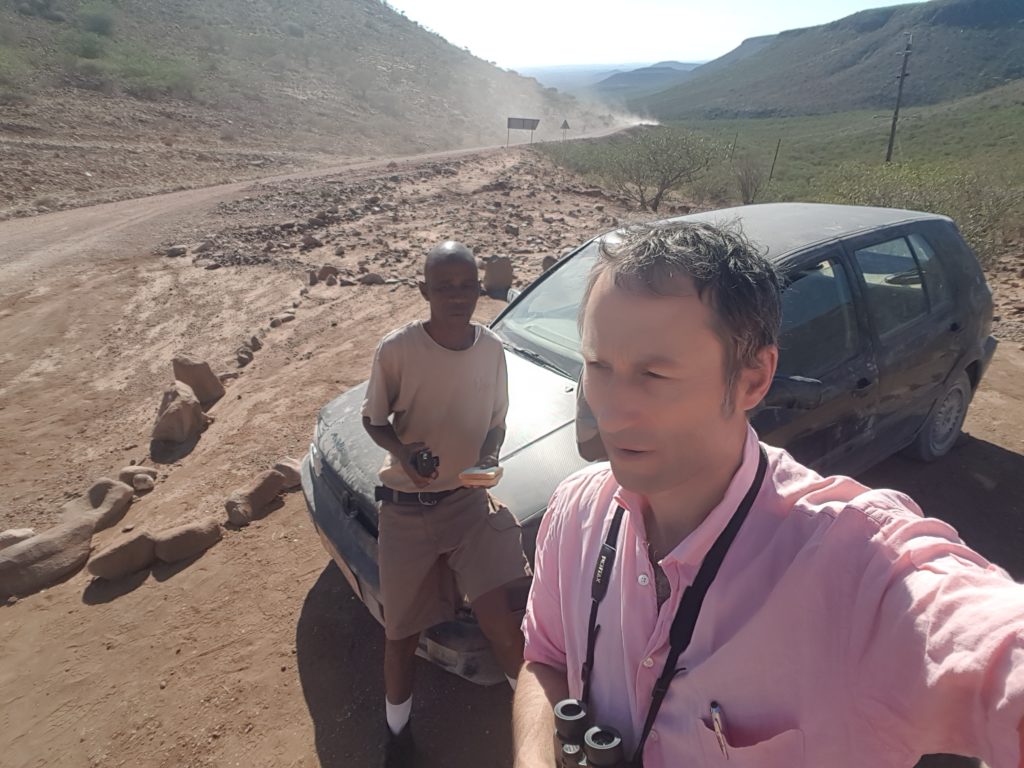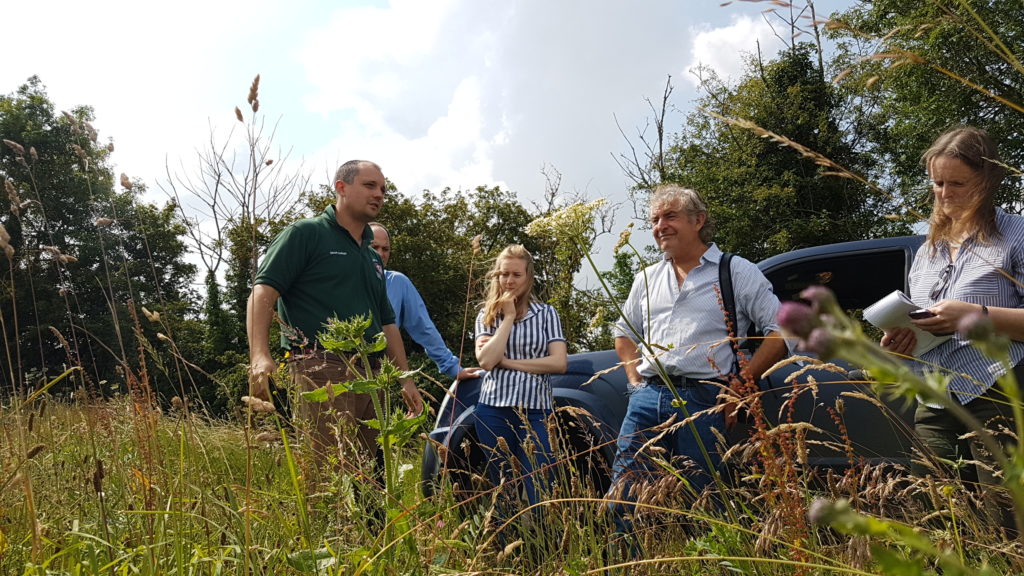
farmer, advisor, govt, civil servant, media
A reflection on a British Ecological Society symposium ‘Making a Difference in Conservation’ from an ‘outsider’.
Matters are never straightforward in a single-subject symposium (‘Improving the links between ecological research, policy and practice’). There was certainly nothing ‘single issue’ about this BES/CCI conference.
There were so many issues, it was hard to absorb, yet alone question the content. I’m all for stimulating lectures – the Defra’s Chief Scientific Adviser (Boyd) set the scene: “the scientific community has not built trust with the policy community”. However, having sparked debate, he left the building before we could ask him anything!
What a fine edifice the David Attenborough building is. Standing for all that’s great about science today. Plenty of conservation NGOs (Birdlife, BTO, RSPB, Fauna and Flora International, Cambridge Conservation Forum) – all an office floor away from each other. Perhaps it might wish to share ‘space’ with Population Matters, an organisation of which Attenborough is Patron.
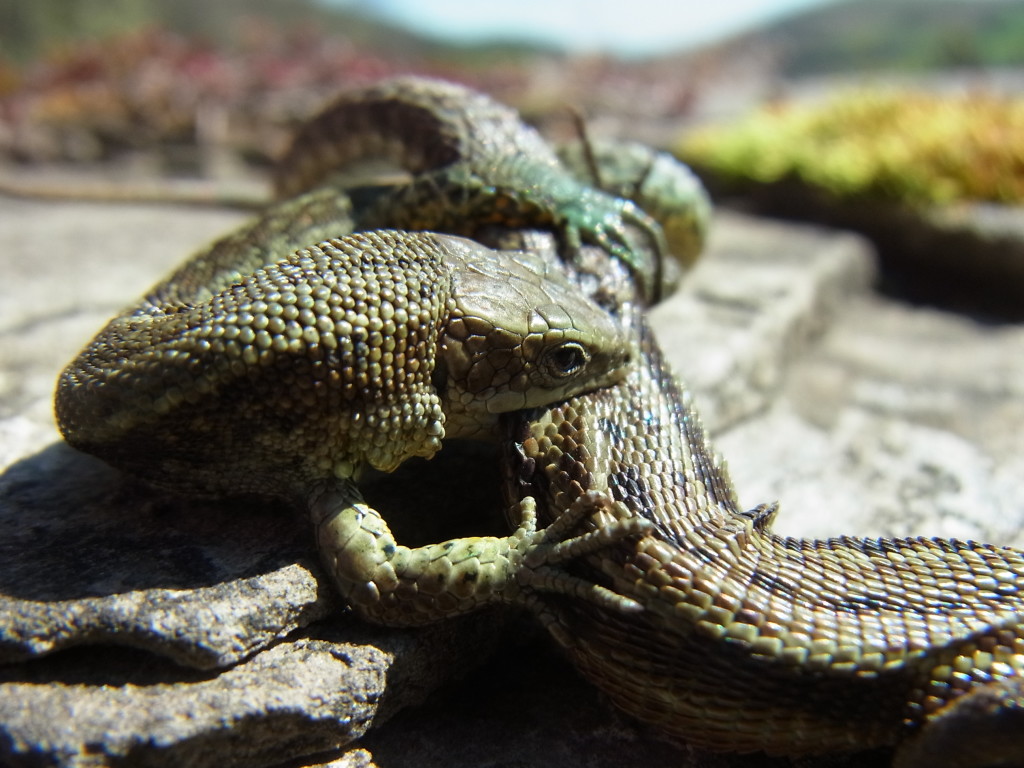
Especially as it’s a ‘loaded’ building of influence, power, values and science. A perfect venue to commission ecological science to fill knowledge gaps and explore how conservation matters interact with human interests.
There’s plenty to do.
Do you remember those media outlets in 2013 that declared 60% of all UK wildlife in the State of Nature report was in decline? They didn’t read the small print. It’s 60% of the mere 5% of species on which we have reliable data. Pedant I hear you cry. But without robust measurable data, how can we improve links between research and policy that influences conservation practice on the ground?
“I wonder if we recognise the tens of thousands of farmers in our own country as indigenous experts”
Peter Brotherton from Natural England via Blue Sci (Cambridge Univ science mag)

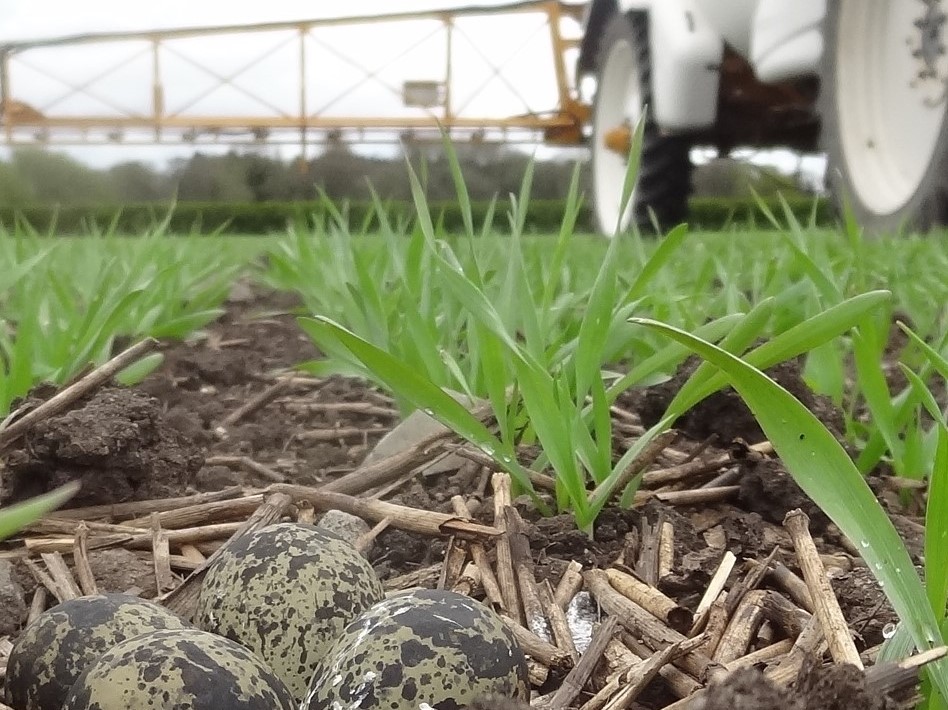
Many of the subjects, including the poster presentations, at this wide ranging fascinating event involved matters that farmers, gamekeepers, wildlife wardens, foresters and land managers deal with on a daily basis. Practitioners at grass root level, thirsty for guidance at the front line of conservation.
Were any here at the event? No, because they were too busy working.
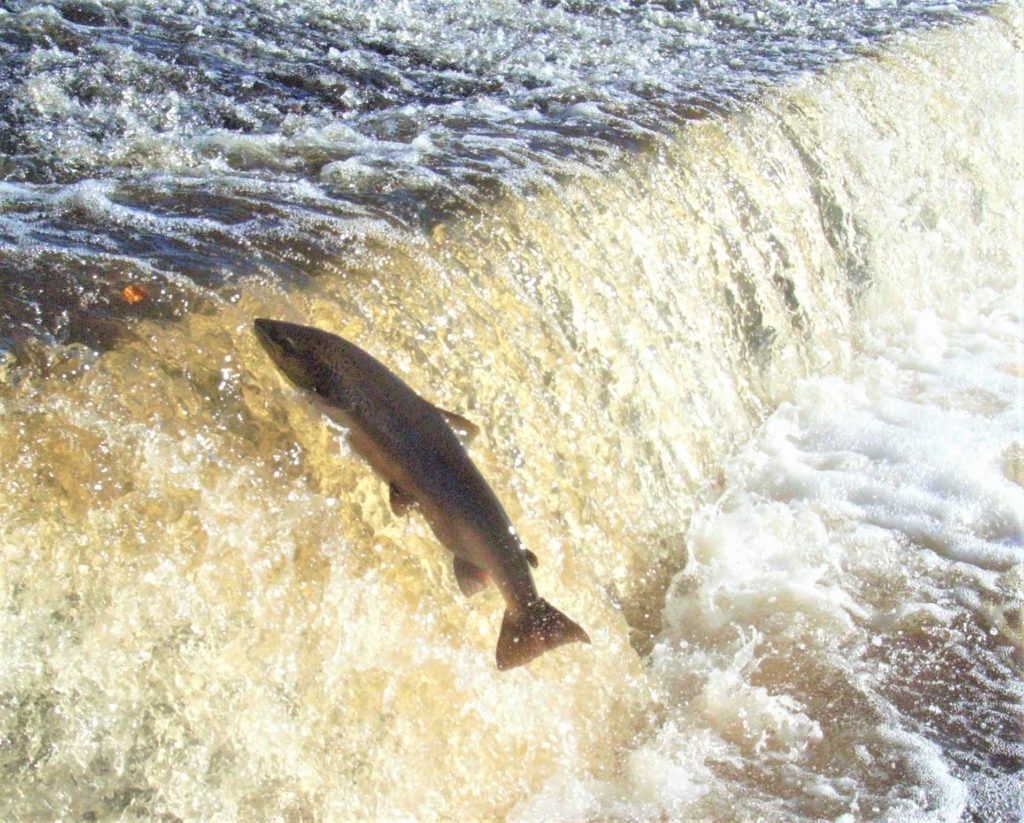
I loved all of it. I wanted to call, write about, tweet to as many as possible outside the building. Was there a firewall preventing me? Or is this subversively more about ‘ownership’ and ‘values’? Staying safe within our tribal social media scientific community rather defeated the BES President’s call to use the Twitter hashtag (#BEScci) to extend the impact of the meeting beyond the room.
If evidence from ecological scientists can help inform gamekeepers and wildlife wardens to save the curlew, let’s get on with gaining trust and working directly with them. Are we wasting time seeking to build ‘hotlinks’ to short-term office-bound gatekeeper-guarded policy makers?
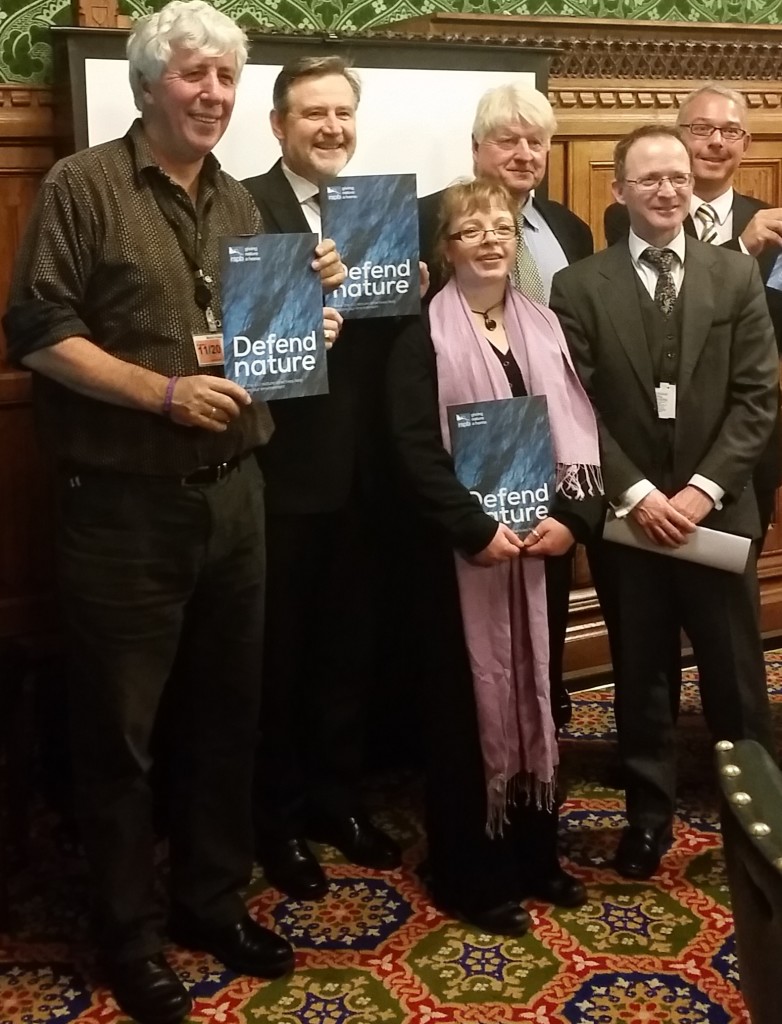
For me, lack of the social element – I don’t mean the excellent coffee breaks as which we buttonholed, networked or chatted with various attendees – was the less fashionable social science. Sticking my hand up when they asked how many social scientists were in the room, I counted myself in. Partly to bolster numbers towards a handful and partly because I’m a conservation-science-loving conservationist utilising psychological skills to communicate trade-offs and synergies between farmers, engineers, land users, and ecologists.
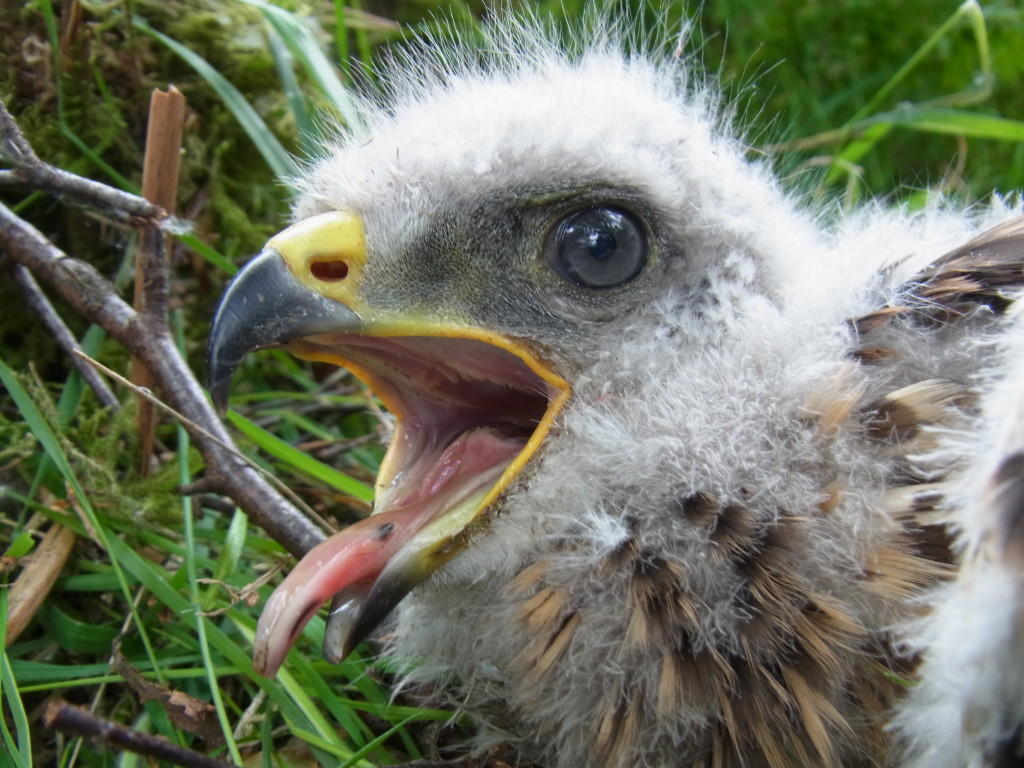
I wonder if we can get away from the idea that ecological science evidence-led policy as the panacea for conservation? Is social science perceived as an inconvenience that muddies ecological science? So then, let us be braver in seeking to be evidence-informed by science and then us roll up our sleeves to help interpret how scientific – both negative and positive results – are framed within moral, political, socioeconomic and ethical parameters.
There was shy shuffling in the room when we were told to get on telly, shout about it, generate debate – but then be ready to engage robustly on the evidence supporting the science. It can get rough. ‘Offence is not a defence’ when you are under John Humphry-style scrutiny. No excuses really, as critical peer review is a keystone to uncertain ecological science research.
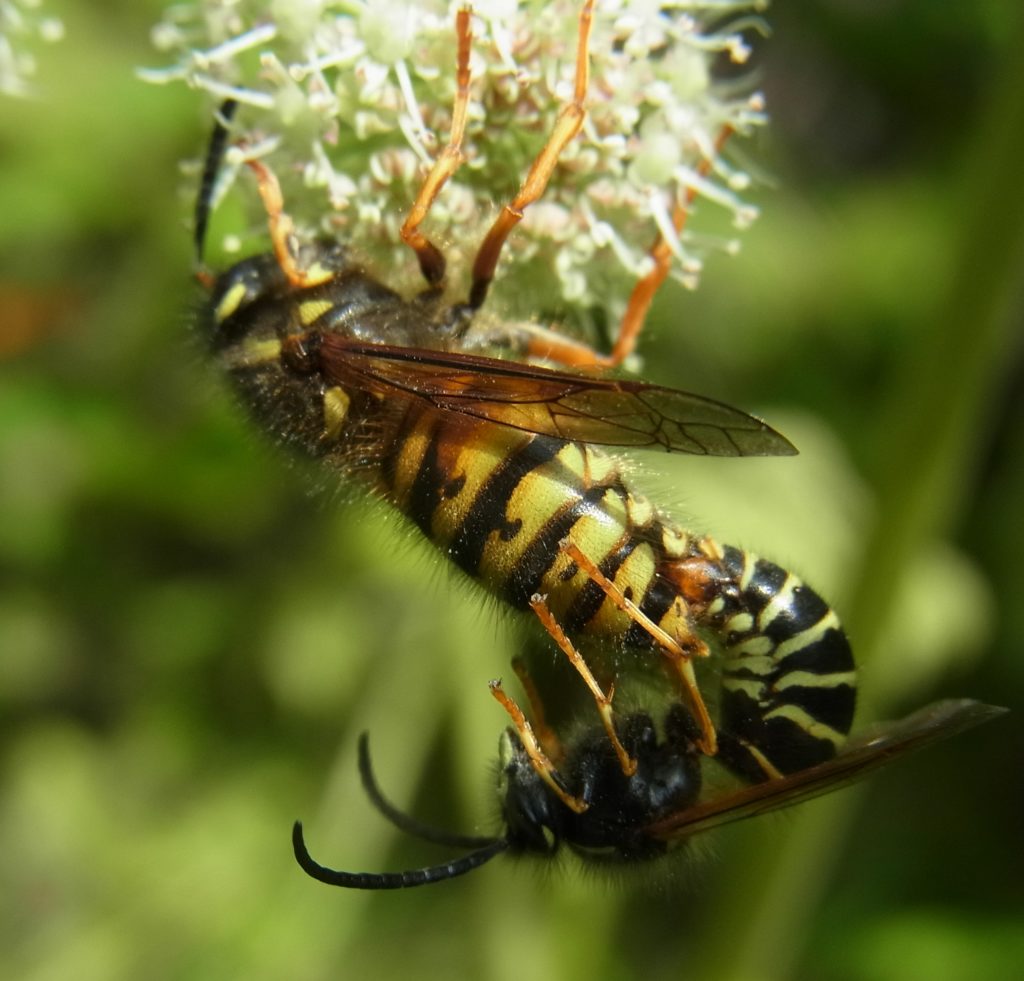
This vibrant symposium was stuffed full of information, topical talks, piercing questions (more time for questions, less slides please) and presentations laden with provocation. I’m not sure how many of the audience twigged some of the scientifically bland but populist explosive material. To me they were an obvious wake-up call to start adapting to future change by closing the gap in seeking to meet more often in neutral spaces.
It’s time to find ways to work closer with non-academic local knowledge experts, build on collaborative ownership of research to enable science, in an era of tension, to be used as a tool, not a weapon.
Let’s work harder at opening up the social aspect of the complex intrinsic interaction between ‘trust, values and relationships’ within science today.
[A version of this was first published in BES’s Bulletin magazine May 2016, updated Jan 2021 – links to come]

Gathering intel in the field with locals
